|
Over the last two weeks I've discussed the parent's and child's role in the journey, today it's the teacher's. The road to learning anything new is never smooth. There are ups and downs, struggles and joys and the teacher is there to accompany the learner through them all, the good times and the bad. Role 1 - Facilitating open communication
Role 2 - Identifying and solving problems These problems may be emotional and related to the child, or technical / musical related to the piece of music. Children arrive for their lessons in various moods and states of readiness to learn and teachers need to be able to observe and adjust their teaching to suit the child. This can be pretty hard to do as we are under time pressure and want to teach the child as much as we can in the time available, however sometimes it's just necessary to abandon the plan and go with how the child is feeling. Role 3 - Entertainer
Role 4 - Researcher As teachers we have to be endlessly curious about how we can teach 'better' (helped by ongoing professional development, for example from The Curious Piano Teachers, or membership of Facebook groups for teachers); what resources we can find for our students; which piece will suit which student; how to find a piece a student has requested that is arranged suitably for their level. Role 5 - Educator Not only do we need to educate ourselves and our students (this has been discussed in earlier posts), but we also need to educate parents. Many parents long to play instruments themselves and either didn't as a child, or did and gave up too soon and regret it, or did and became quite successful - whichever it is teachers need to let parents know what music education looks like today. It looks pretty different from what they experienced as a child or think they already know and they may not recognise it as what they want for their child. But it is what their child needs if they are to become fulfilled musicians. Music education has moved on and these days high quality music education teaches the whole child all the skills they need to be successful musicians. So children learn through movement, songs, games, rhymes, they learn to play by ear and from notation, they are encouraged to make up their own music and 'mess around' on the piano. Learning an instrument is not just learning to decipher dots someone else wrote on a page. I'm sure there are many roles that I've missed. Can you help teachers become better by identifying any more? I'll be taking a break from blogging until after Christmas. The purpose of these first posts has been to help educate readers about why music is important, what good quality music education looks like and how they can help their children succeed. In January I'll look at a different topic.
0 Comments
Children tend to love music, they like to dance, to sing and to play on instruments. Really, they just have to show up at the lessons wanting to learn and curious to explore. By all means try out instrumental lessons with your child, but if he or she doesn't want to continue, please don't make them. Instead help them find what they do want to do. When a child wants to learn an instrument it's essential they choose one they like the sound of since they will spend a lot of time playing it. Parents can help by playing all sorts of music and even giving children the opportunity to try some out - advice here! Peter and the Wolf is a good piece to introduce children to various orchestral instruments, as is Carnival of the Animals.
Music is an entire language and just as children took years to learn to speak full sentences so will they take years to learn the language of music. This doesn't mean it can't be fun, engaging and fulfilling (which is the teacher's job; we'll look at that next week), from the beginning but reaching the dizzying heights of Grade 8 is hard work! As well as showing up willing to learn, children need the parent's and teacher's support to develop:
Please remind your child not to be afraid to ask if he / she doesn't understand something and also to let their teacher know if they are not enjoying a particular approach or piece. Good teachers who have undertaken professional development can adapt their approach and can easily provide different repertoire to better suit the child. We are not mind readers and while we can 'pick up' on undercurrents we don't always succeed. So much of the child's experience in learning an instrument depends on the quality of the teaching and if the child can develop the attitudes discussed above and is supported by their parents they will be well on their way with their musical journey. Next week I'll look at the final part of the triangle - the teacher. What is your child's experience of music lessons? Are they developing the attitudes they need to succeed? Is there anything you can do to help them even more than you are already? If you missed the parent's role in the learning journey read it here. This topic has been divided into two:
Over the last few weeks we've looked at the benefits of learning music; what good music teaching looks like; and how it is possible to measure progress without relying solely on exams. Today we're considering the needs of today's children and how a novel approach to piano lessons incorporating all aspects of musicianship meets those needs. Please do share if you think your friends will find this interesting. As renowned music educator Paul Harris says, today's children have a wealth of choice in terms of activities they can choose to fill their time and many of these give instant gratification. Learning an instrument does not always give instant gratification and so, if taught by a teacher who doesn't understand music education thoroughly, it is not something children are going to choose to fill their time. Lessons with Surrey Music School offer children activities they can do well, 'now' - they learn to sing a song, they move to the beat, they spend all week singing the song and they play games together while singing the song - often they can't get it out of their heads! When they know the song really well they work out the pitches (the sounds that go higher and lower) and work out how to play it by ear on the piano. Because their ear is being developed through all this singing and playing they begin to work out how to play it. So a task that could be difficult - playing a song and reading it from notation - becomes easy because they have had lots of fun learning it thoroughly and when it is time to play it they know it really well. Children are then curious to know work out how the song can be notated (written down), so they are given resources to help achieve this and again, what could be difficult becomes easy. Children happily and independently working out rhythms to songs The piano is a pretty exciting instrument to play and explore, so not only do children get to play songs they have learned to sing but they also explore the whole piano through improvisation.
Children learning in this way not only get a really great musical foundation for the future but also get to play real music 'now'! Of course we do not advocate having everything now, but this approach has the dual benefit of enabling children to make real music while developing all the skills necessary to become confident rounded musicians.
Of course they will have to apply themselves, it will not always be easy, but it will be much easier than going the route of 'traditional' piano lessons which involve setting a tutor book in front of a child and expecting them to read and play without any musical foundation at all. In these instances the eye takes over from the ear in the effort to decipher the notation and all thoughts of music making are absent in the struggle. Over the next few weeks we'll be looking at everyone's roles in the learning process - the parent's, child's and teacher's. |
Caroline BlountDirector of Surrey Music School. Archives
January 2024
Categories
All
|
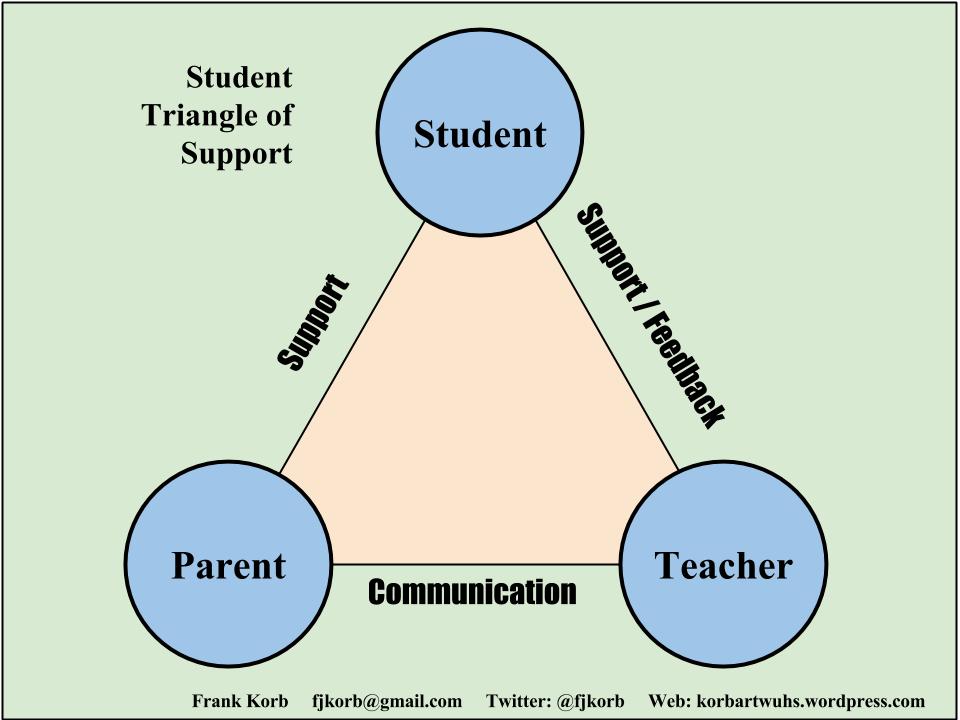
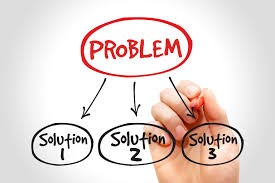
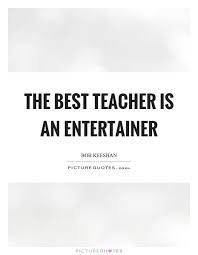
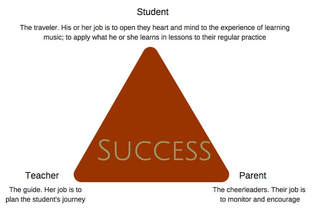
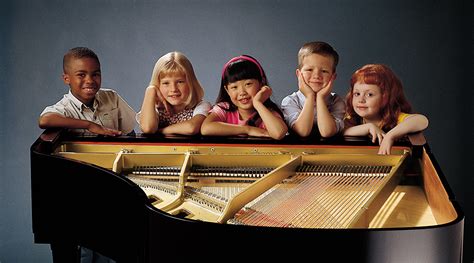
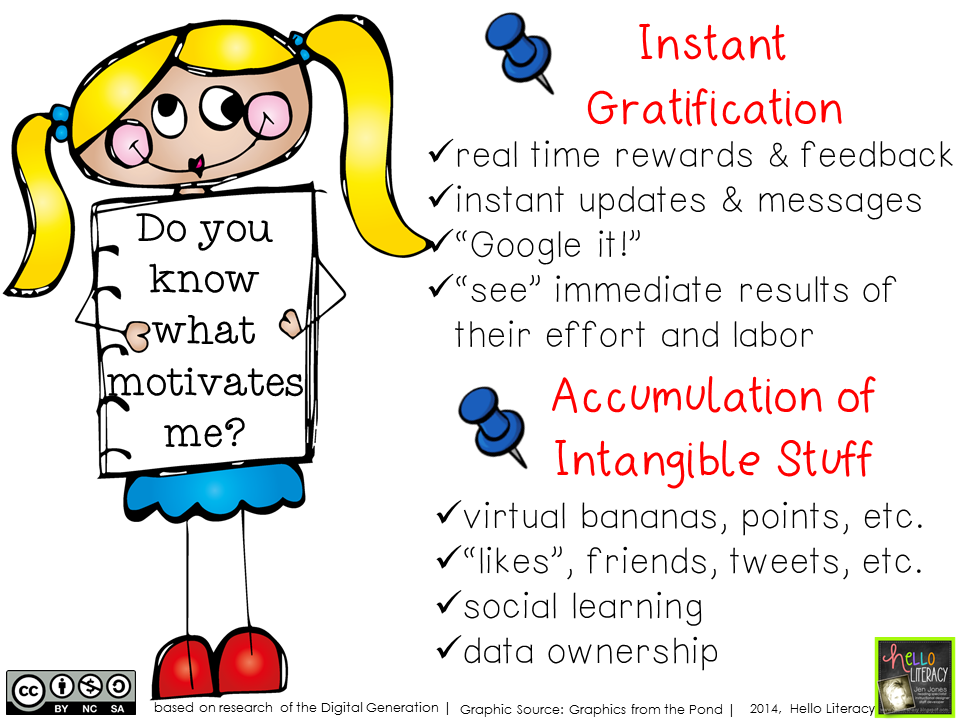
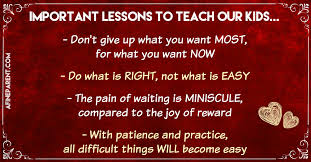

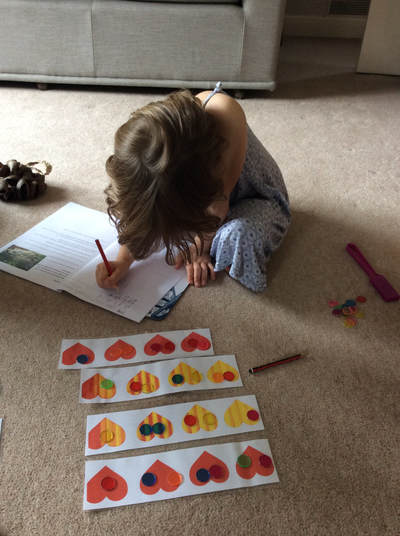
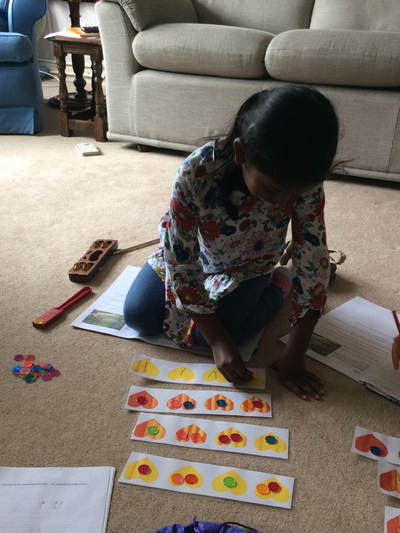
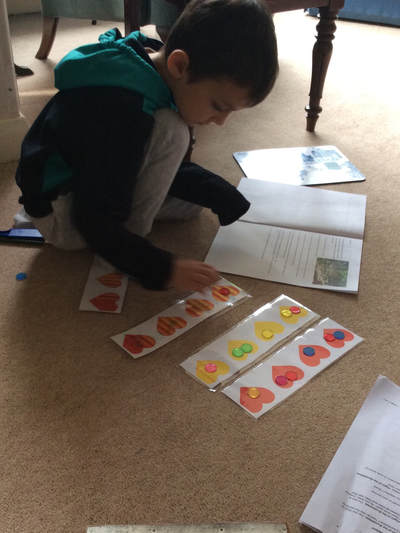
 RSS Feed
RSS Feed